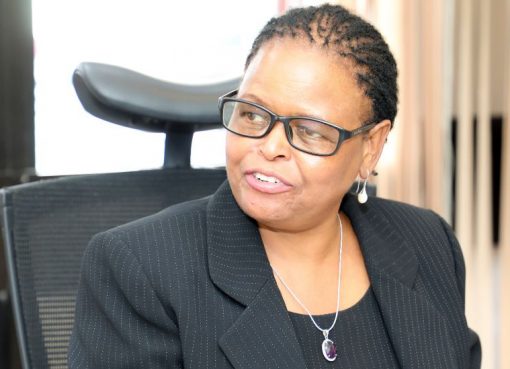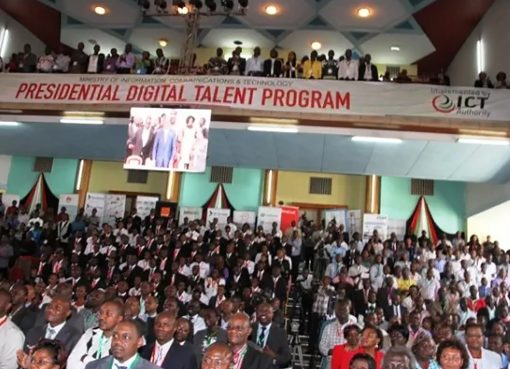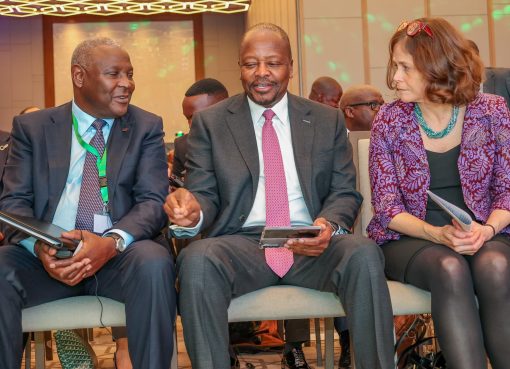The government is in the process of improving the country’s Digital Infrastructure which will provide an innovative environment to grow the assets required to meet the dynamic demands in the industry.
The Information Communication and Technology Authority (ICTA) CEO, Dr. Katherine Getao said that at the moment the country has around 9, 000 kilometers of fiber and they want to grow that to at least 50, 000 kilometers of fiber but there are other technologies which will go alongside that fiber to ensure that every Kenyan regardless of where they are they have exactly the same experience as those in big towns.
Speaking on Thursday during a stakeholders’ workshop to discuss their draft Strategic Plan (2019-23), Dr. Getao said that the plan is coming at a very appropriate time when the country has chosen in a very powerful way to identify herself as a nation that has a strong digital economy.
Dr. Getao, who was recently awarded the ICT Woman of the Year Award by the Africa Public Sector Conference and Awards (APSCA 2019), said, “We have seen how the mobile and telecommunication sector, financial sector among others have embraced technology to transform the life of Kenyans in line with the Vision 2030.”
She said that the digital infrastructure will not only be about pipes but there is also storage, web security, last mile connectivity, eight point of sales to be established, constituency innovation hubs, stable and reliable connectivity and government call centre.
“The digital infrastructure will promote the ability to store and exchange data through a centralized communication system, enhanced connectivity, secured information will support the integration of government systems to deliver quality services to citizens,” she said.
She added that the digital Services focuses on transforming Government Service delivery and information through adoption of digital technologies.
“The Government through ICTA will establish frameworks and standards to guide digitization, interoperability of digital services, scalability and effective use of resources. These will lead to improved service delivery and promote digital economic growth,” said Dr. Getao.
She pointed out that the digital revolution, characterized by emergence of new digital skills in fields like artificial intelligence, big data, cloud computing and mobile robotics have continued to influence people’s lives.
“ICTA shall therefore promote digital technologies, values and skills aimed at providing the citizens and professionals with opportunities as presented by the changing global trends. To fully utilize this potential, ICTA shall promote appropriate digital skills, values and culture to enable digital interactions that are founded on trust,” she said.
“The digital economy is a trust culture because we order things we cannot see and touch, we pay for them and wait until they are delivered. As a county we need to establish our trustworthiness so that we can benefit from the global digital economy,” said the CEO.
The CEO said that to achieve this, various strategic issues, programs and initiatives have been identified to create a globally trusted and digitally competent workforce and citizenry for a digital economy.
“Digital inclusion is critical for social economic development of a growing economy. ICT enabled public sector management is currently a key area of interest for research and innovation efforts among progressive nations. This push is driven by the need for an innovative public administration paradigm emphasizing open data, open service and open processes; which essentially may lead to increased collaboration, participation and transparency in the delivery of services to the public. Across the world and particularly in Africa, there is empirical evidence that increased adoption of ICT is associated with improved public sector management,” said Dr. Getao.
By Joseph Ng’ang’a




